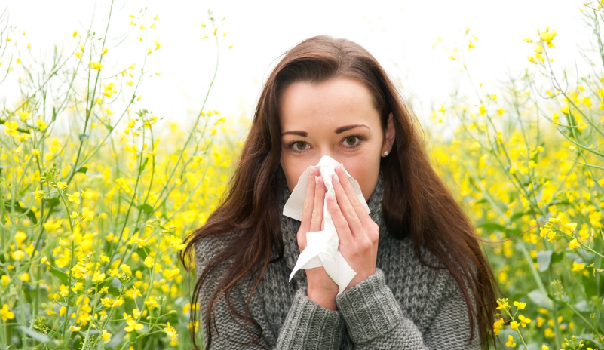Nobody wants itchy eyes and sneeze attacks while on vacation. Allergies are a response from our body’s immune system when it is triggered by something in our environment. Common triggers include dust mites, pets, pollen, insects, mold, and even food. While allergies are highly common, they can still be a challenge to control, especially during certain times of the year when irritants are more concentrated in the air. So, here are our top tips to managing your allergies, both at home and on vacation.
1. See a doctor
If allergies are an ongoing frustration, it is time to stop asking Dr. Google and seek the opinion of a real medical professional. There are plenty of options available that treat the symptoms of allergy, such as antihistamines for sneezing, runny nose and itchy eyes; anti – allergy and decongestant spray for relieving that awful, blocked up feeling in the sinus; and even allergy shots, that are administered in order to reduce sensitivity to the triggers that set off allergic reactions. At the Ear, Nose and Throat Center at the Bangkok Hospital Siriroj, you can be seen by a team of specialists who can assist you in diagnosing and treating your allergies. They also cater to children, and can be of great assistance if you think your little one is suffering from allergies. Allergies may seem challenging to deal with, but the experienced team of doctors at Bangkok Hospital Siriroj can help you map out a treatment and prevention plan to reduce or eliminate your allergic reactions and attacks.
2. Recognize your triggers
Once you’ve been diagnosed with an allergy, it is important to figure out what is causing it. This can help you avoid coming into contact with your triggers and setting off an allergic reaction. A specialist can assist you in identifying what is activating your allergies. There are several different types of tests that can be done to pinpoint the specific substances that are responsible for your reactions; the most common are skin “scratch” test and a blood test. It is also useful to keep a diary of your allergic reactions, noting down what you were doing or eating prior to the reaction. Once you’ve been tracking your habits for at least a week, you may start to find correlations and you can try cutting out the red flags that seem to lead to attacks.

3. Protect your environment
Work towards minimizing exposure to your triggers by changing and protecting your environment. So if you have pets, see if you can begin keeping them outside, wash your bedsheets frequently in order to remove any irritating dust mite build ups, keep the windows closed as much as possible to avoid pollen getting into the house, vacuum at least once a week to remove dust, and, if you have food allergies, avoid that food group entirely. If mold is an issue for your allergies, consider getting a dehumidifier or air conditioner to remove humidity and dampness from the air and prevent the growth of allergy-triggering mold.
Five easy ways to keep your allergies at bay on holiday:
- Throw on some shades. Sunglasses can protect your eyes from allergens.
- Roll up the taxi windows. That spring breeze may feel delightful but it is a Trojan horse for pollen.
- BYOP: Bring your own pillow (and hypoallergenic cover).
- Shower power. Rinse off when you get back to your hotel to cleanse your body of allergens and keep them out of your room.
- Go green. Order green tea or bring your own sachets to sip during the day as it has natural anti-inflammatory and antihistamine properties.
Plan ahead. You can check the daily pollen, dust and dander levels for your holiday destination on Accuweather.
